Now in its 28th year, the Manitoba Envirothon, hosted by the Manitoba Association of Watersheds (MAW), continues its mission of fostering teamwork, problem-solving, and environmental awareness among high school students.
The Manitoba Envirothon is an annual hands-on environmental education competition for high school students, designed to encourage an appreciation for current environmental issues. Envirothon combines the exhilaration of team competition, the challenge of learning about environmental issues, and the experience of using this knowledge in hands-on activities. This approach to environmental education helps students develop skills necessary to address environmental issues, such as collaboration, critical thinking, and public debate.
In April, the Regional Competitions welcomed high school students from across Manitoba to compete and test their knowledge across 5 topics: Aquatic Ecology, Wildlife Ecology, Plants & Forests, Soils & Land Use, and this year’s theme – Invasive Species.
MAW is pleased to announce the teams qualifying for the Provincial Event. For the complete list visit: https://manitobawatersheds.org/about/#2025winners
The Manitoba Association of Watersheds extends its sincere congratulations to all participating teams for their exceptional achievements. Their commitment, collaboration, and enthusiasm for environmental education and conservation have been truly inspiring.
“The Envirothon is more than a competition - it’s a powerful learning experience that fosters collaboration, critical thinking, and environmental responsibility. We commend all the students for their hard work and are honored to support such a meaningful program.”
– Lynda Nicol, Executive Director, Manitoba Association of Watersheds
The qualifying teams are invited to participate in the Manitoba Envirothon Provincial Competition will be hosted at Camp Arnes, Manitoba, from May 22 to 24, 2025. The winning of the Provincial Event will have a chance to compete at the National Conservation Foundation Competition alongside winners from across Canada and the United States.
As the host organization of the Manitoba Envirothon, MAW reinforces its commitment to environmental education and advocacy across Manitoba's diverse watershed districts. Representing the province's 14 watershed districts as a voluntary industry association and registered charitable organization, MAW plays a pivotal role in fostering communication, education, and advocacy initiatives.
Through its support and promotion of the Manitoba Envirothon, MAW continues to empower youth to become stewards of their natural surroundings. By facilitating access to funding programs and administering research initiatives, MAW ensures the sustainability and effectiveness of environmental programs and initiatives within Manitoba's watershed communities.







